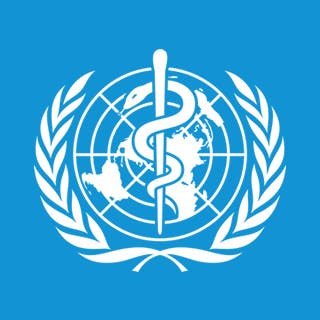 The ongoing Ebola outbreak in West Africa is unprecedented, with over 14,000 cases so far and a mortality rate up to 70%. While we are making some progress, we have a lot of work to do. Bringing the outbreak under control depends on quickly finding people with Ebola and isolating them during treatment so they cannot infect others.
The ongoing Ebola outbreak in West Africa is unprecedented, with over 14,000 cases so far and a mortality rate up to 70%. While we are making some progress, we have a lot of work to do. Bringing the outbreak under control depends on quickly finding people with Ebola and isolating them during treatment so they cannot infect others.
However, identifying cases of Ebola requires a good diagnostic test, and the current tests are cumbersome, slow, and complex. They take two to six hours and require a full tube of blood, sophisticated equipment, and trained staff. The time lost transporting blood samples means that anxious patients and their families may need to wait several days for test results and, in the meantime, patients may continue to unknowingly transmit the virus to others.
In a crisis like this, innovation and thinking outside of the box are important components to a wide-ranging response. Recently the World Health Organization (WHO) announced two initiatives to address this problem by helping identify faster, cheaper tests. Through new guidance to manufacturers and a “rapid review process” to evaluate potential tests, WHO hopes to find a test that can yield results in 30 minutes and can be easily stored, with no need for a power supply or maintenance. Such a test will be especially critical to stamping out the last few cases of the disease after the main epidemic is brought under control.
Ebola tests will be discussed during a WHO expert consultation to be held in Geneva in December.



 View All Blog Posts
View All Blog Posts